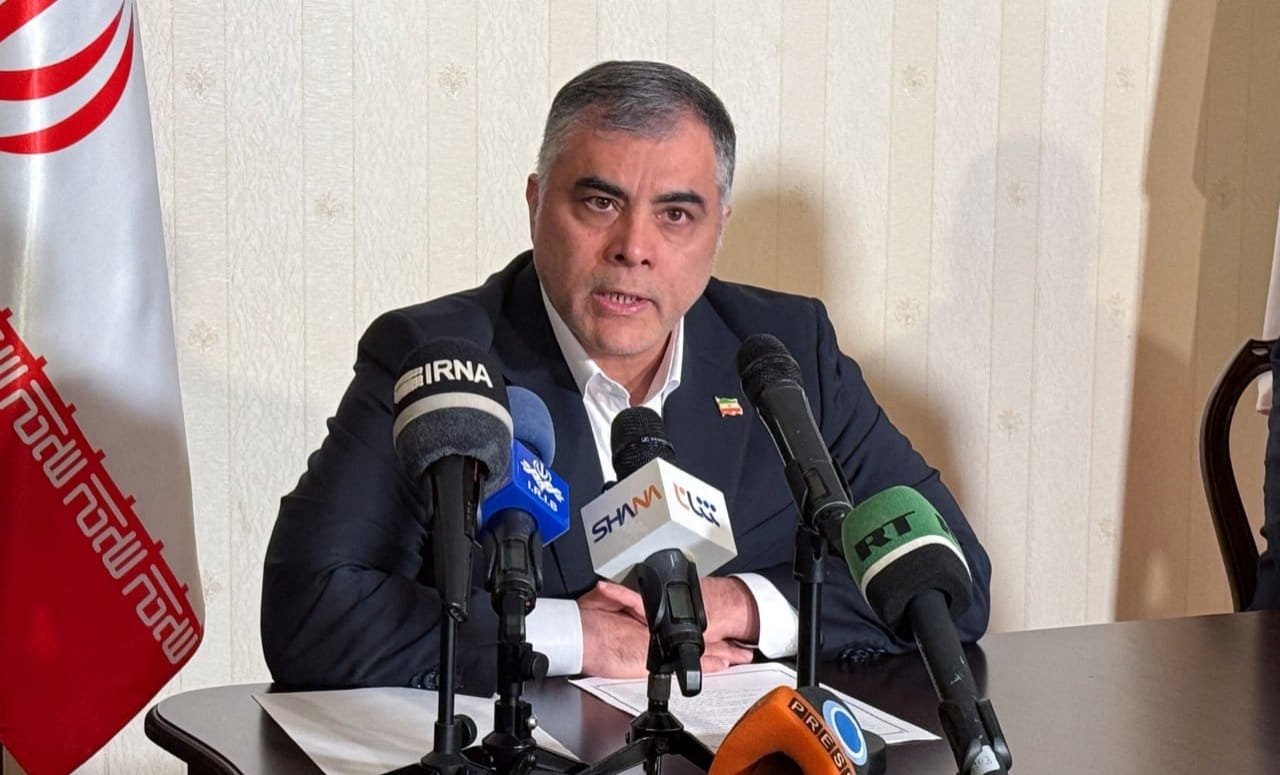Iran’s oil minister has dismissed the potential reimposition of United Nations sanctions—via the so-called “snapback” mechanism—as insufficient to disrupt Tehran’s oil sales to China, asserting that the trade will continue unabated even under renewed restrictions. Mohsen Paknejad argued that Iran has already operated under U.S. sanctions for years, and thus additional UN measures would not materially alter the landscape.
Diplomatic tensions around the snapback effort have intensified ahead of a September 27 deadline, after France, Germany, and the U.K. (the “E3”) launched the process on August 28, citing Iran’s failure to comply with commitments under the 2015 nuclear agreement. The E3 and the EU are demanding that Tehran open up its most sensitive nuclear sites to inspectors and address concerns about its enriched uranium stockpile.
Paknejad claimed that the snapback would not introduce “new burdensome restrictions” beyond what Iran already faces under U.S. unilateral sanctions, and said the country has developed expertise in circumventing embargoes and restrictions. He characterized the UN move as largely symbolic in effect.
Observers note that China—historically the largest buyer of Iranian oil—has signaled resistance to snapback enforcement, with analysts projecting that Chinese refiners may even benefit from the reimposition of sanctions, gaining access to discounted Iranian crude cargoes. Because in 2024 roughly 80 percent of Iran’s oil exports went to China, according to trade data, disruptions in that channel would deal a serious blow to Tehran’s revenue.





